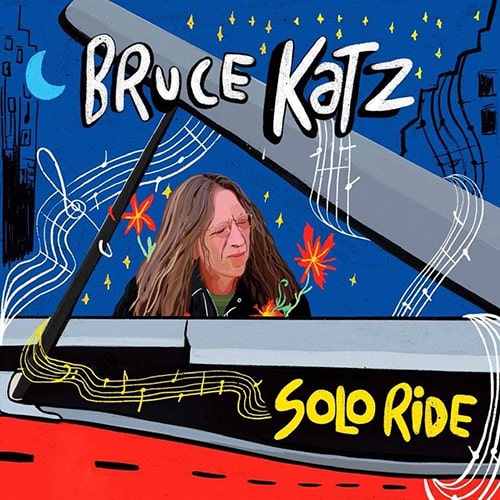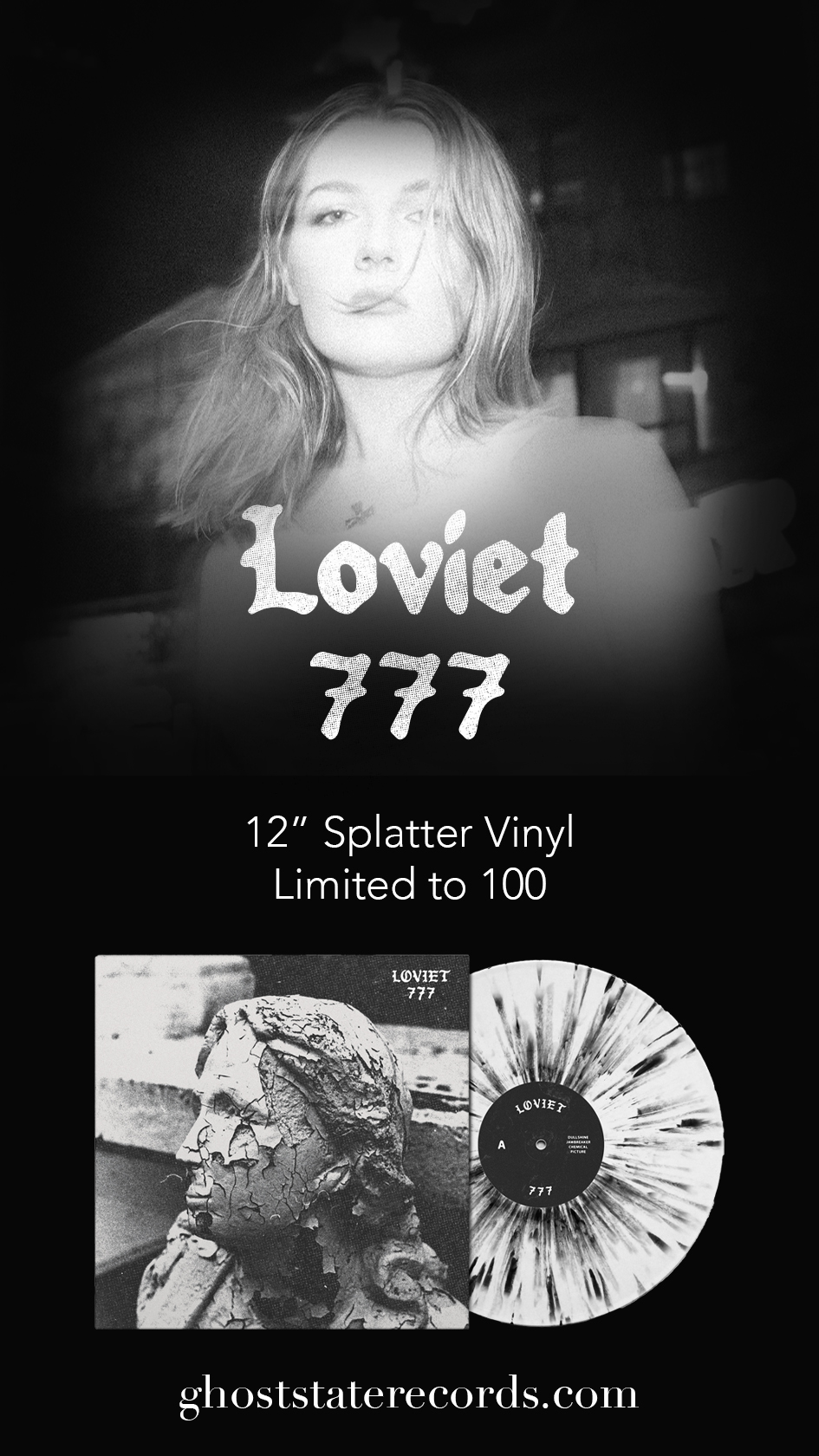
Though Bruce Katz is mostly known as the B-3 mainstay in such bands as Gregg Allman, The Allman Brothers Band, Barrence Whitfield & The Savages, Delbert McClinton, Butch Trucks, Jaimoe’s Jassz Band, John Hammond, Ronnie Earl, and his own highly successful touring ensemble, it was his earliest experiences with the piano that continues to inform his approach. It should come as no surprise that it was Katz’s articulate piano that, along with Joe Louis Walker (guitars) and Giles Robson (harmonica), on 2019’s “Journeys To The Heart Of The Blues,” was the 2019 Blues Music Award winner for Acoustic Album of the Year.
“The first thing I ever did beyond classical music was blues,” Katz told me. “I was teachin’ myself blues and listening to Otis Spann as a teen. Then I cut onto all this other stuff like be-bop, jazz, and psychedelic rock and roll, but always coming from a blues angle. Even when I was doing avant-garde or psychedelic, I always found the basis was blues.”
For Katz, part of his mission is to showcase the importance of the piano’s place in American music. Remember that at the turn of the 20th century, many homes had a piano. Some of those utilized piano rolls with the ragtime music of Jelly Roll Morton or Scott Joplin. At the same time, a piano was also essential to set the moods in brothels of Storyville, and levee and lumber camps employed a piano player to hold court in those raucous environments. And a piano was always present in churches that dotted the Southern landscape. Given those needs, blues piano developed a signature style that made the instrument and its practitioners essential.
“There are things you can do on the piano that will not sound right on an organ. On a piano, you control the volume and attack very clearly through your hands, and you can do more things with harmony and chords. And the piano is officially a percussive instrument.
On his current release, Katz has set his touring band aside and focused 50 minutes of exploring the many facets of solo piano journeying through various forms of American music. The CD opens with Katz sitting in some forgotten lumber camp pounding out “Down At The Barrelhouse” with a boogie-woogie attitude that you can hear rock and roll emerging from.
In addition to the hugely popular and influential boogie-woogie style, Katz travels to the Crescent City on “Crescent Crawl,” a gumbo of everything New Orleans from Morton to Longhair to Fats to Booker to Dr. John and everything in between. “The New Orleans music always attracted me. A lot of the New Orleans people like Professor Longhair and James Booker bounce around in me. I was 10-years-old listening to the Original Dixieland Kings and Kid Ory. When you hear later New Orleans R&B, that comes outta Jelly Roll Morton from 1908.”
“Watermelon Thump” pays tribute to the inventive Chicago piano of Spann, Sunnyland, and Perkins. Other songs like “Dreams Of Yesterday,” “Midnight Plans,” and “Redemption all give Katz room to freely create complicated phrasing in his soloing. Katz only cover, Tampa Red’s “It Hurts Me Too,” is presented in a style not unlike something Pinetop might have heard Leroy Carr playing in an after hours Mississippi juke.
On this record, Katz captures the piano’s musical journey from its traditional character to its ultra-contemporary progressive voicings.
– Author Art Tipaldi is the editor of Blues Music Magazine
Bruce Katz
'Solo Ride'
Label: American Showplace Music
Release: Aug. 16, 2019


